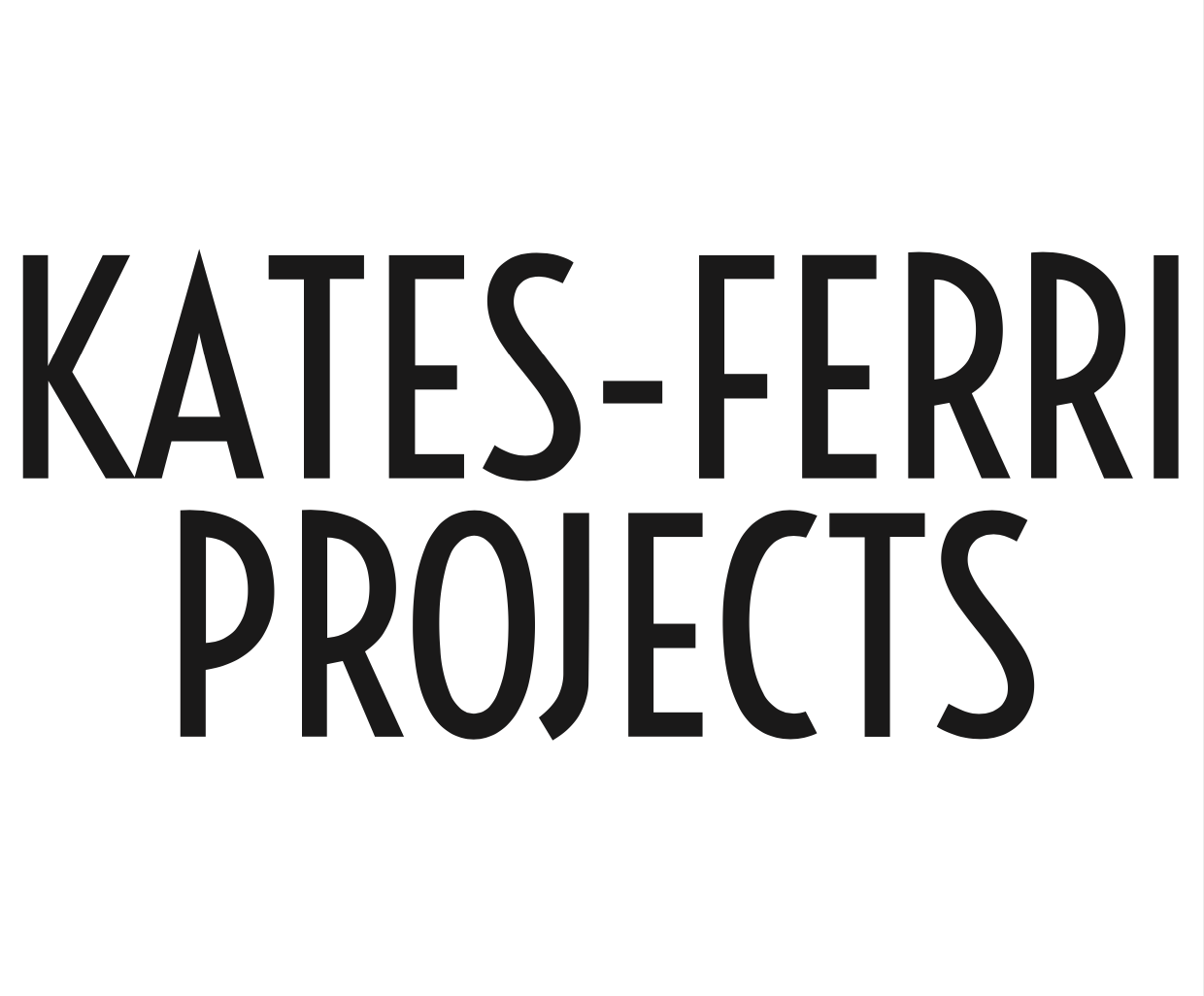#060 Pangea: Soji Adesina, Guillermo Garcia Cruz, Turiya Magadlela, Paul Majek, Anthony Nsofor & Martin Touzon
O’DA ART & KFP 561-563 Grand Street, NYC. January 12 - February 15, 2025
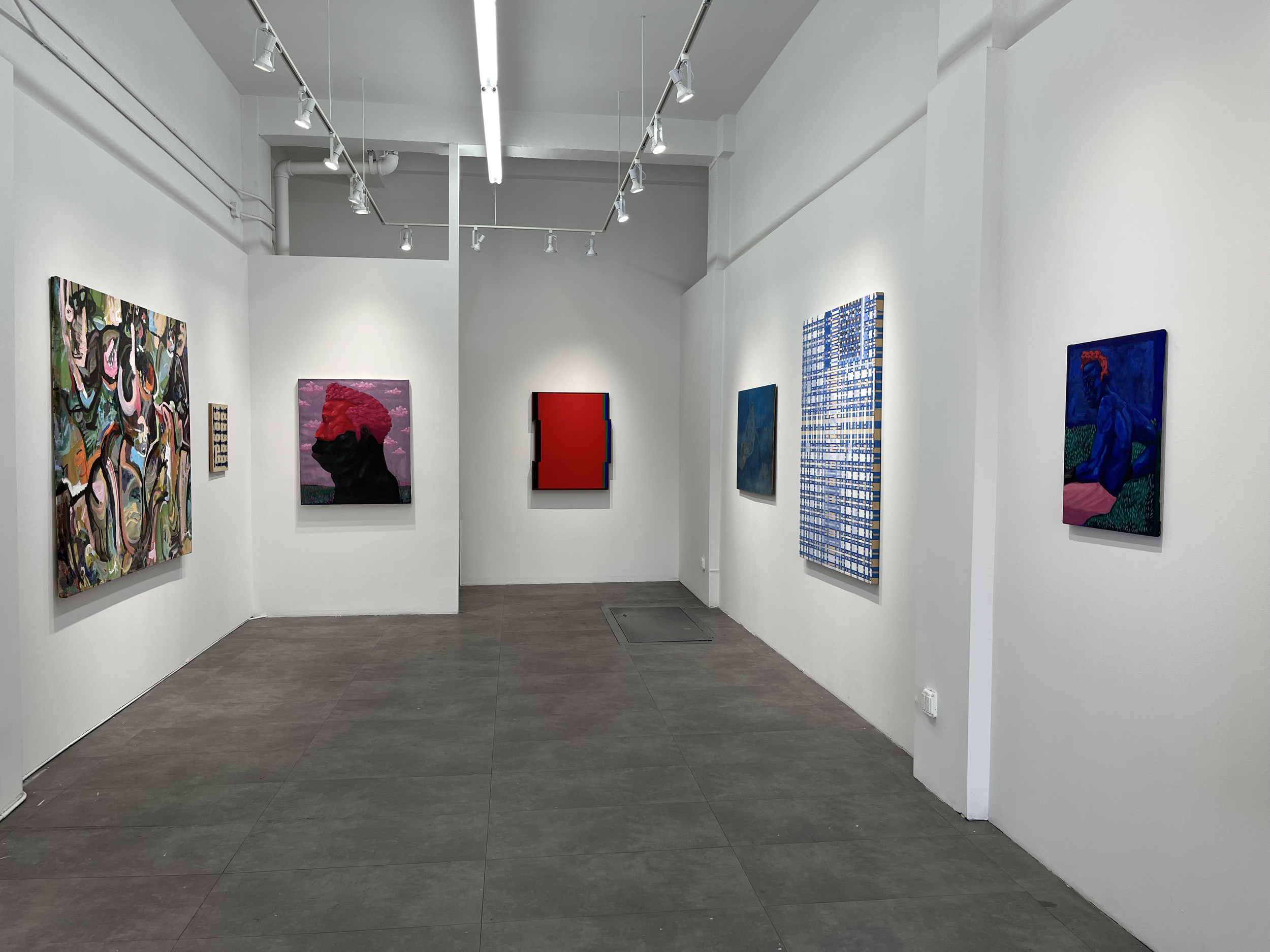


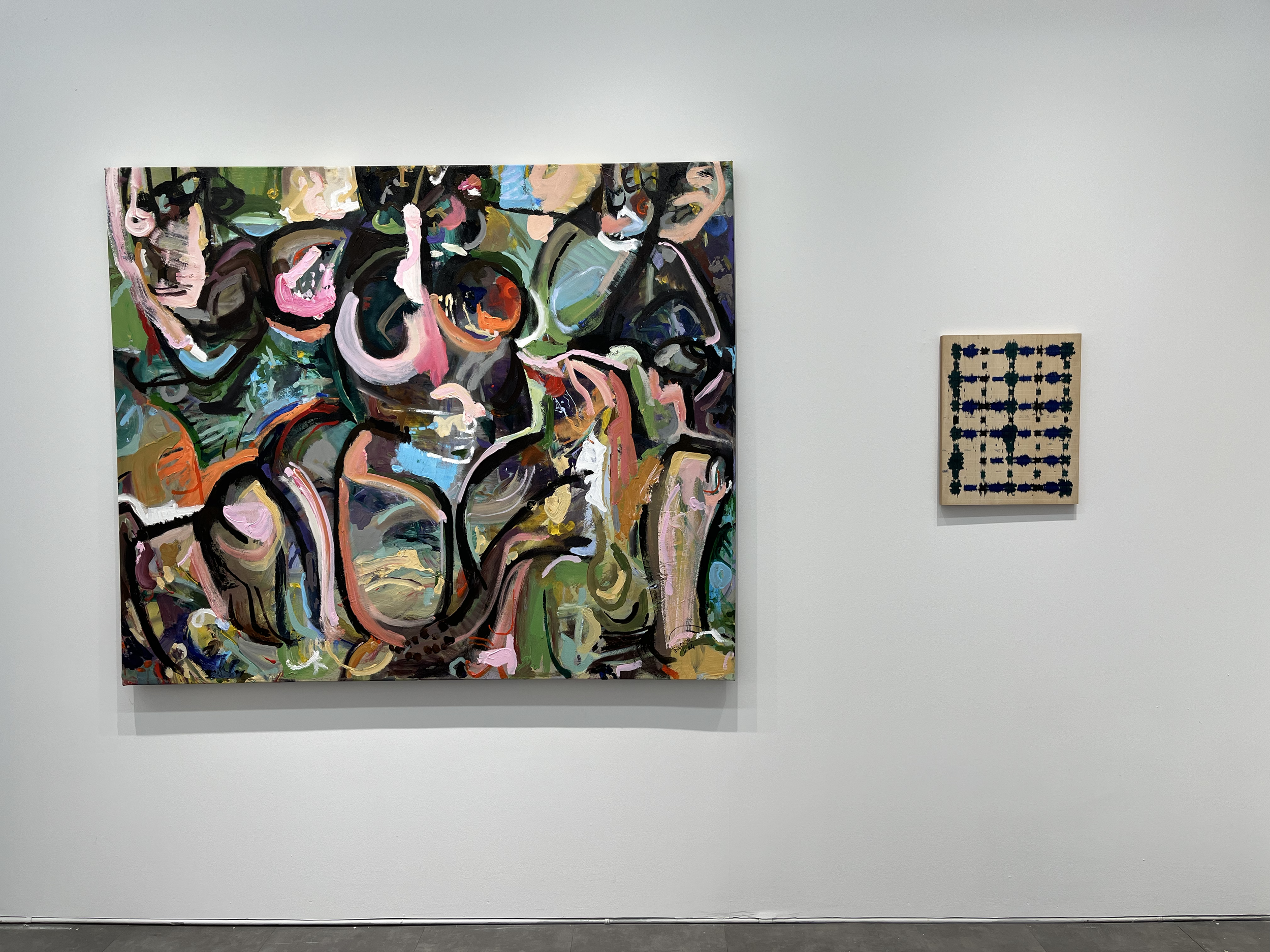


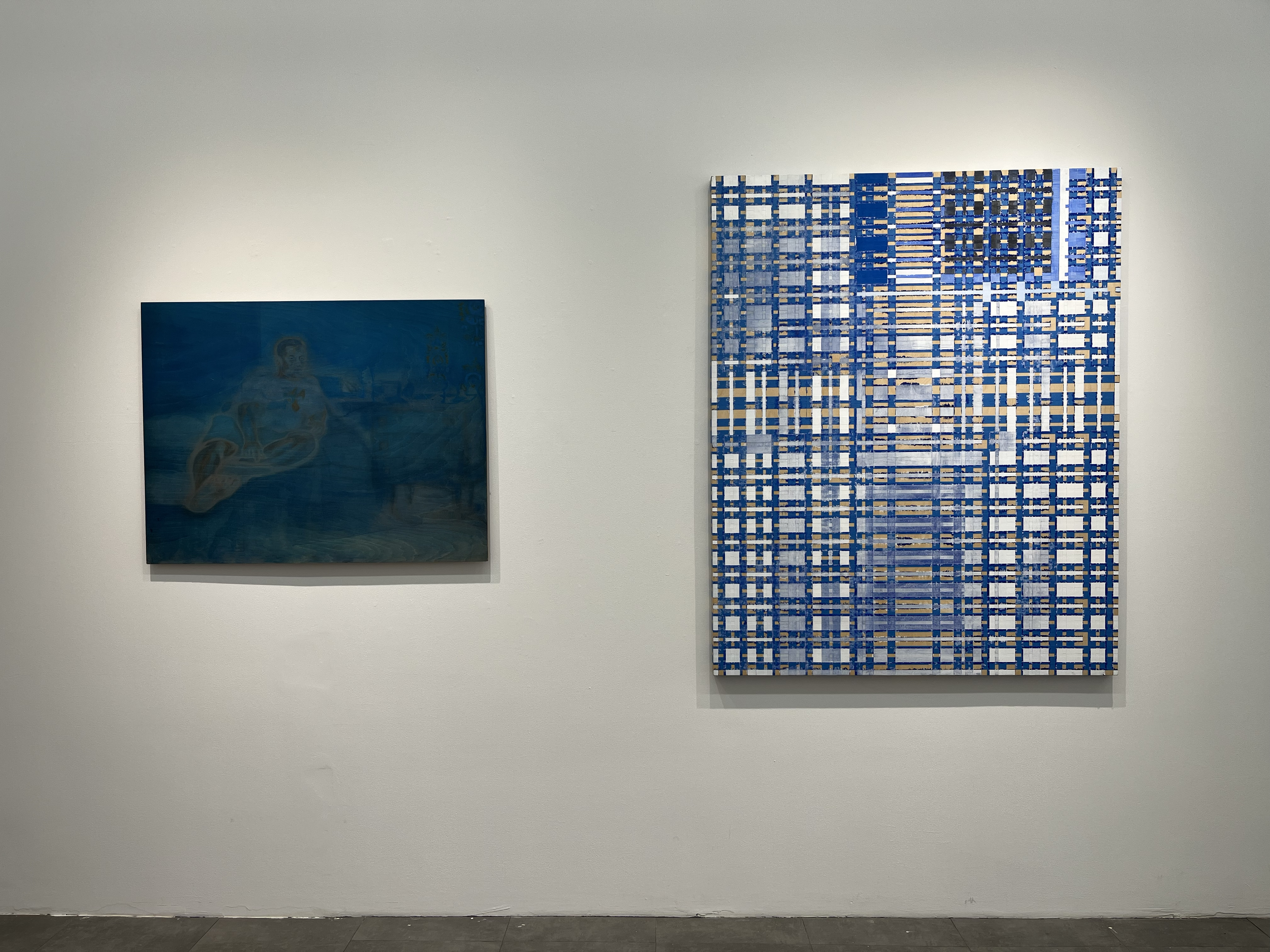




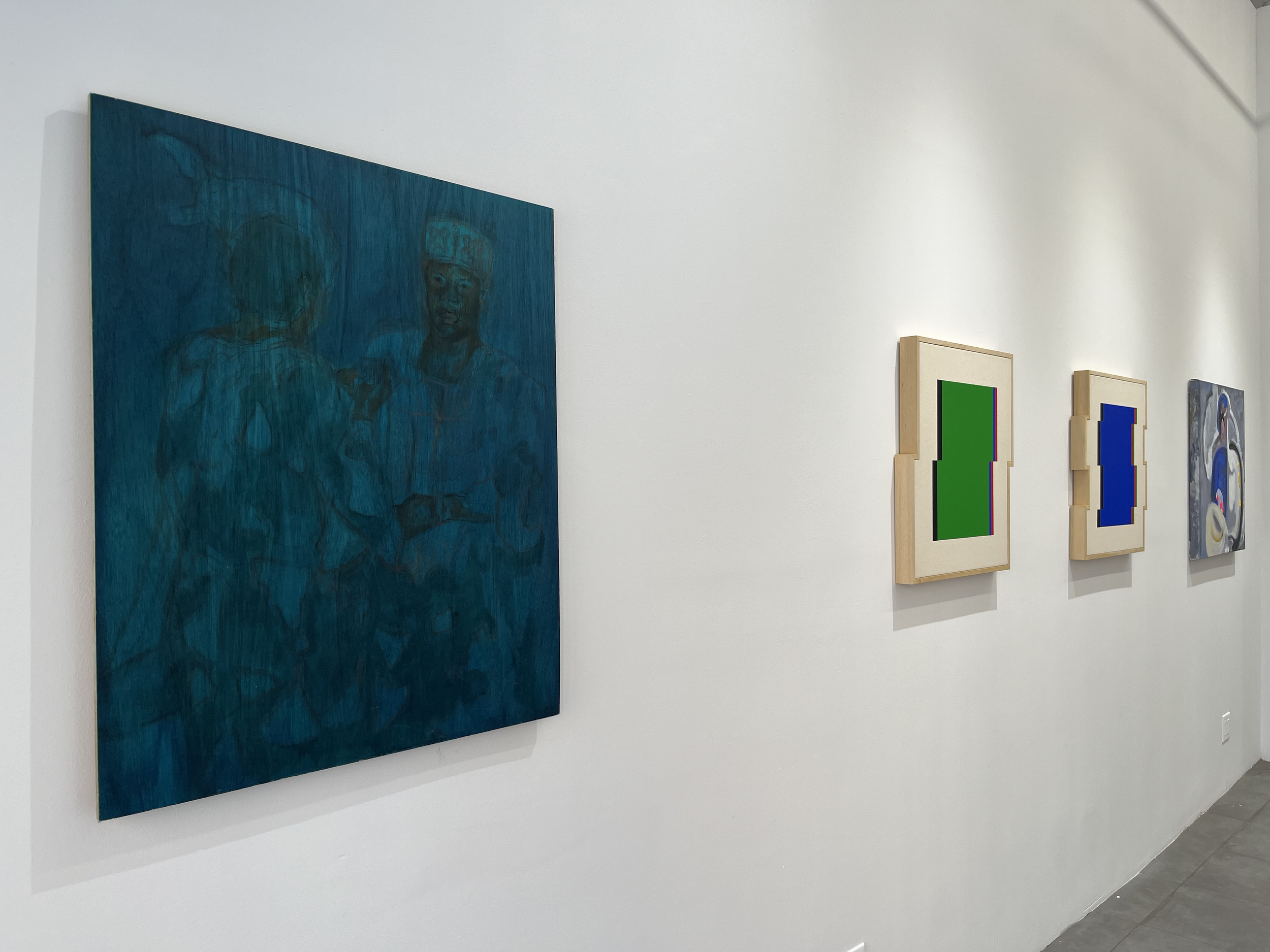
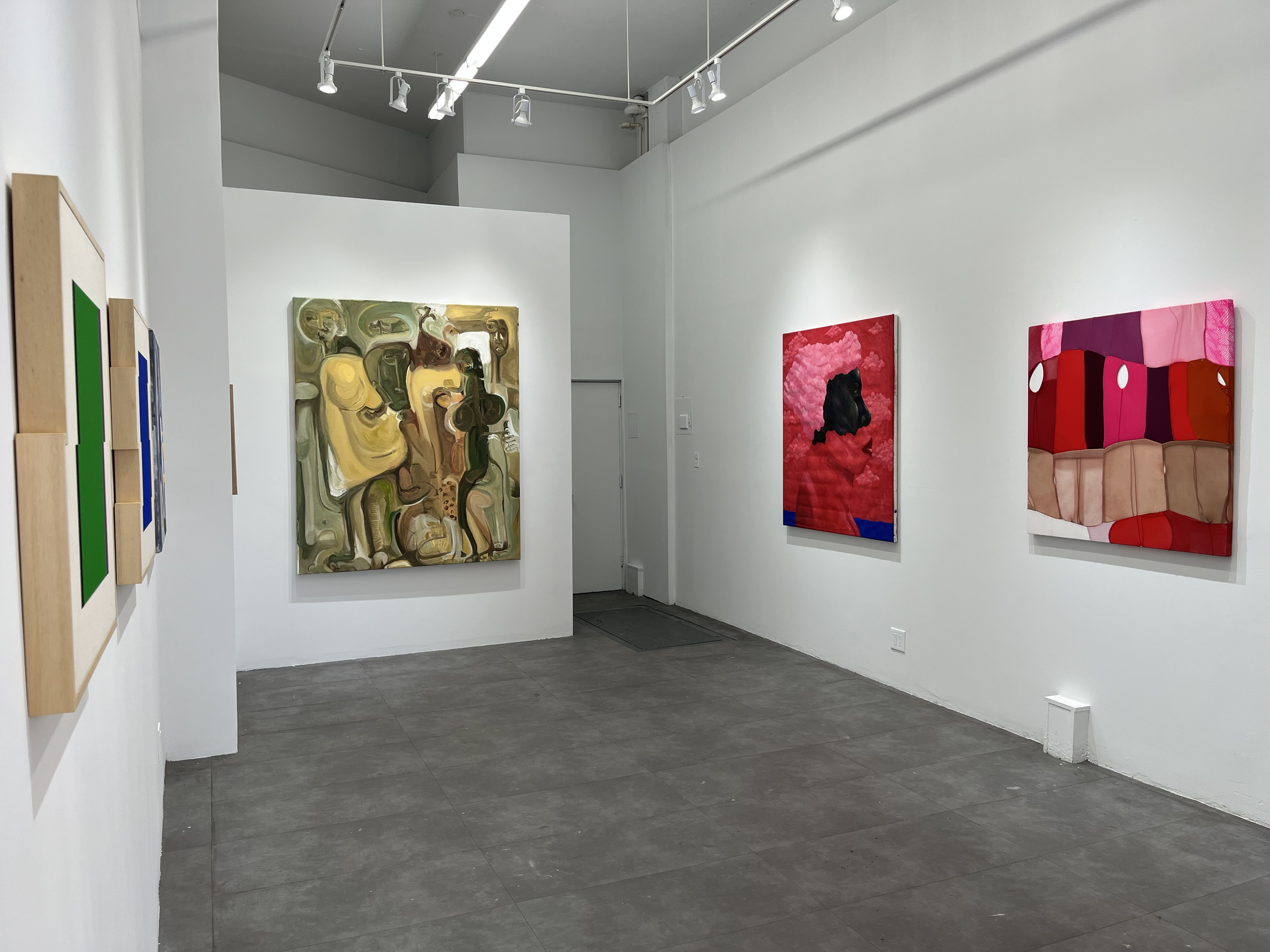

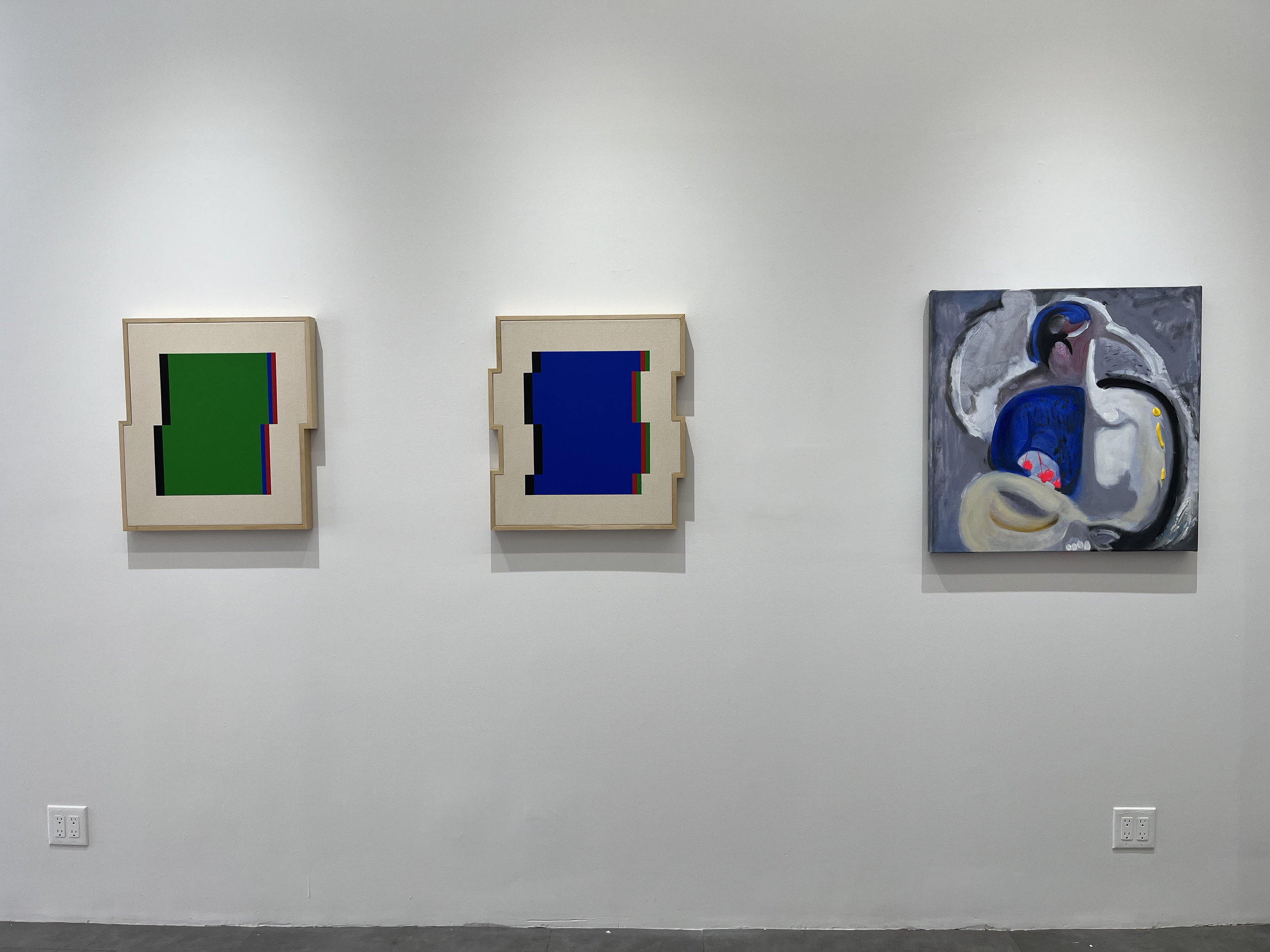





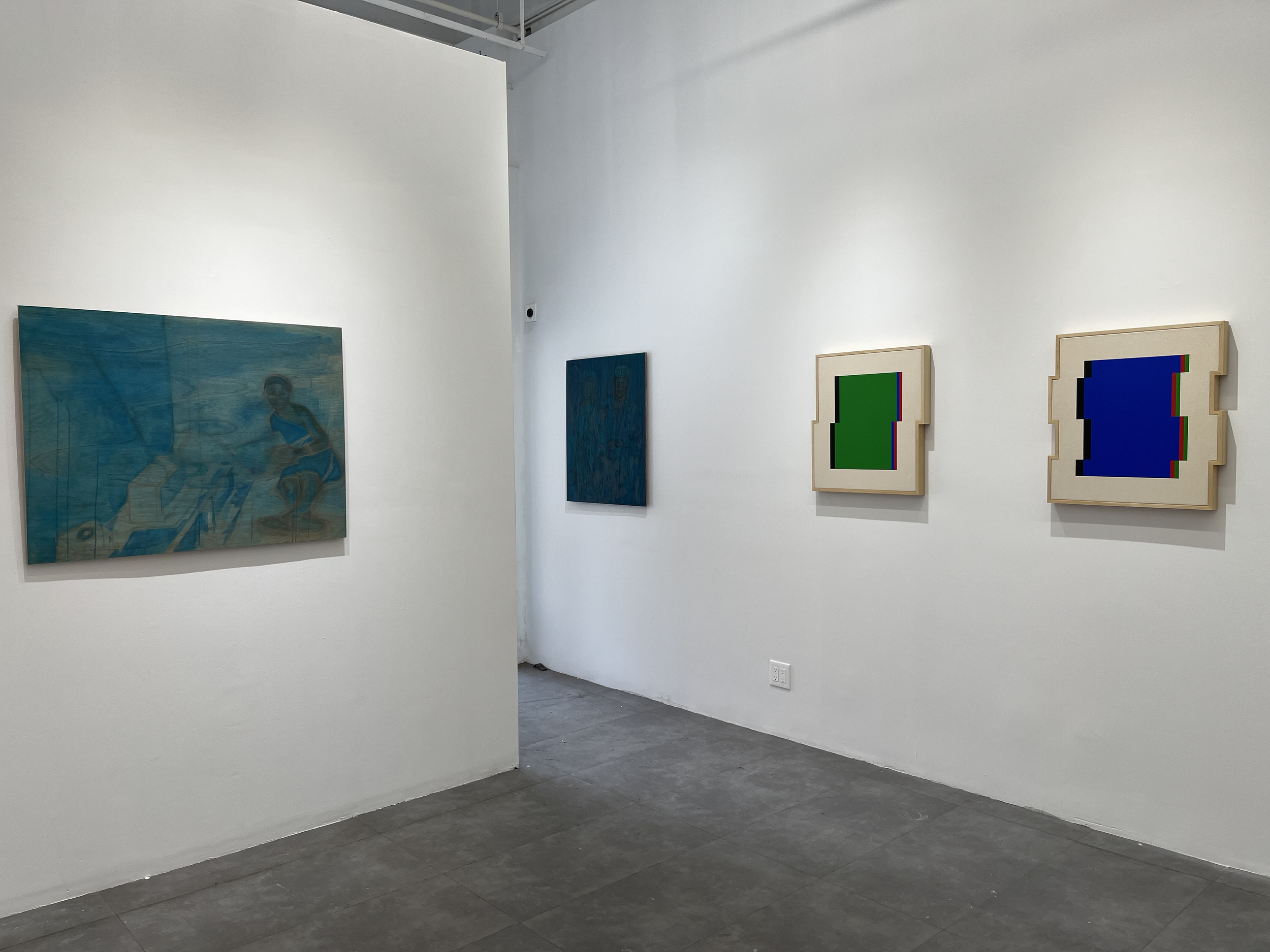
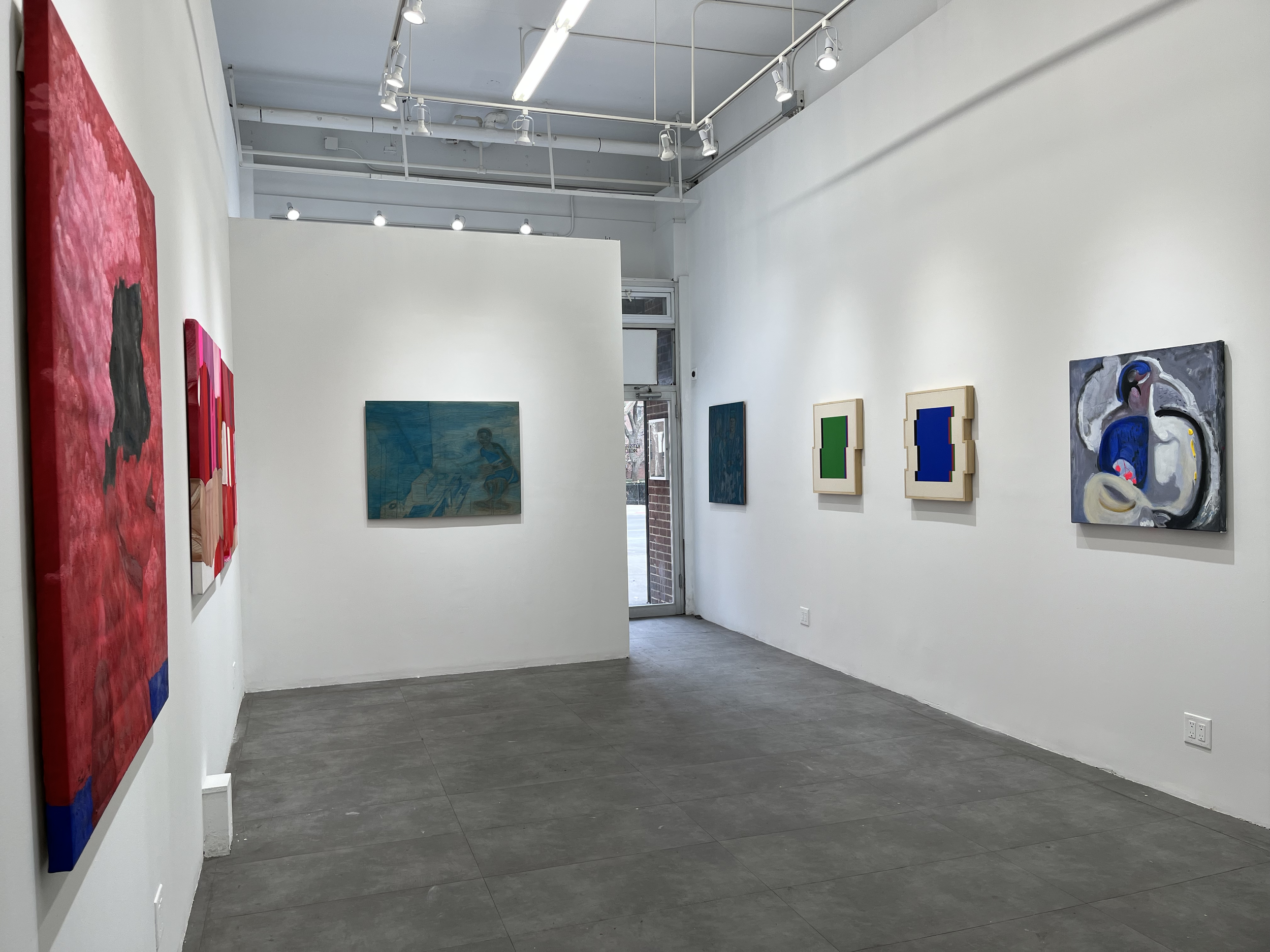

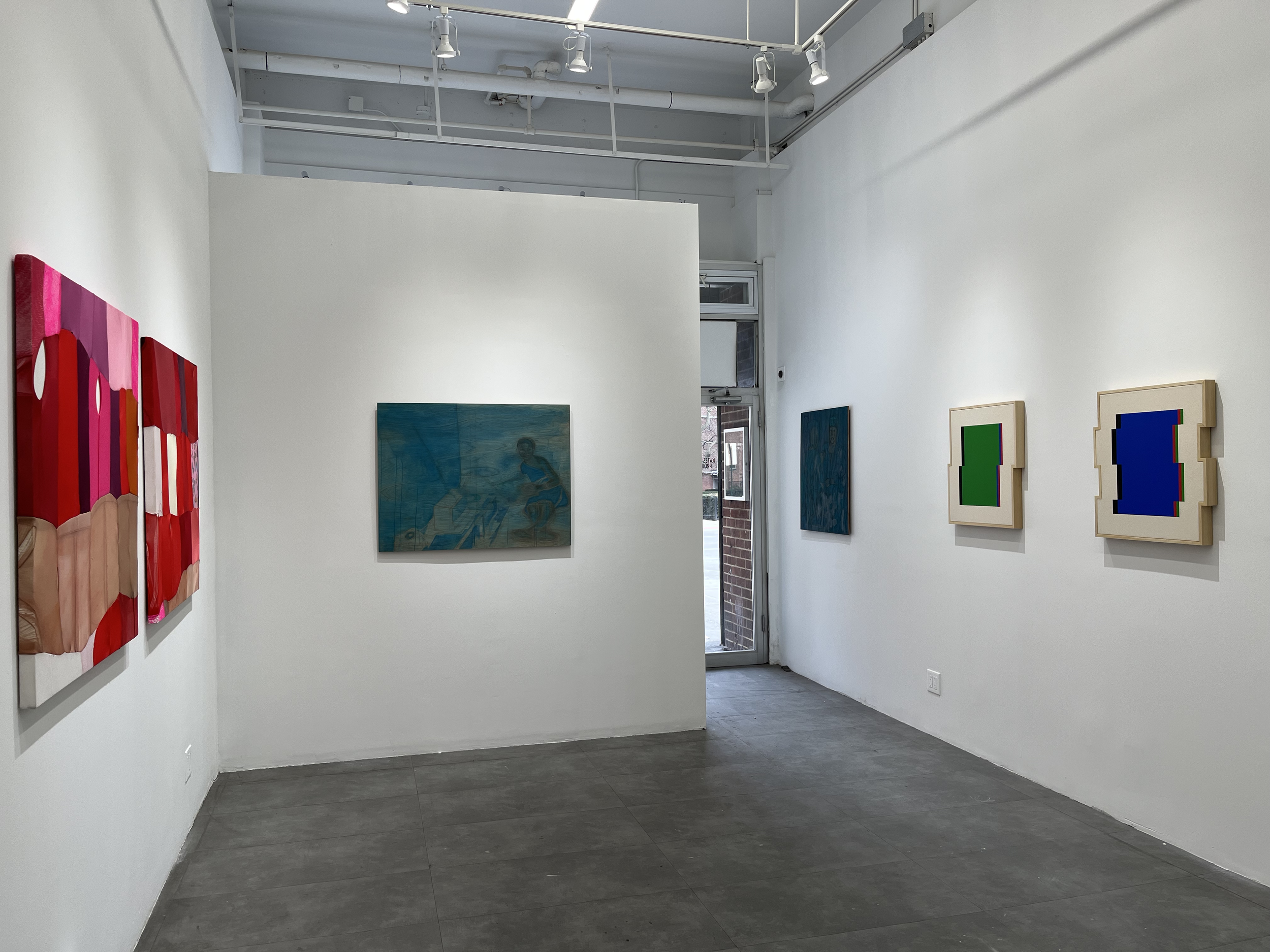


KATES-FERRI PROJECTS (KFP) and O’DA Art proudly co-present PANGEA, an exhibition that forms a metaphorical supercontinent of artistic voices spanning four major continents: Africa, Europe, North America, and South America. Opening on January 16 to February 15, 2025, reception on Friday, January 17th at 561 Grand Street, NYC 10002 from 6-8pm.
The show brings together six artists—Soji Adesina, Guillermo Garcia Cruz, Turiya Magadlela, Paul Majek, Anthony Nsofor, and Martin Pelenur—united by their diverse practices and shared commitment to vital social narratives.
KFP features geometric abstractionists Cruz, Pelenur, and Magadlela, while O’DA showcases figurative painters Adesina, Nsofor, and Majek. This juxtaposition is not about division but exploration: the contrasts and resonances between the abstract and figurative underscore universal themes of identity, power, and collective humanity. The exhibition fosters cross-cultural understanding, offering a platform for collaboration and exchange in an era marked by division.
At the heart of the exhibition lies a dialogue on identity. Magadlela and Adesina probe traditional constructs of gender and race through their respective mediums. Magadlela’s works, made from cutout nylon, challenge societal expectations of women by stretching and binding the fabric to critique the physical and psychological impact of predefined roles. Her use of grids symbolizes the rigid structures women are often confined to, while her manipulation of the material alludes to the strength found in collective action. In contrast, Adesina’s striking, sculptural portraits of Black men—rendered in surreal, often two-toned palettes—reflect the code-switching Black men must perform to navigate societal systems. His figures, reminiscent of Michelangelo’s marble sculptures, evoke a sense of permanence and resistance, underscoring the arduous work required to dismantle ingrained stereotypes.
Cruz’s Glitch series and Nsofor’s painterly explorations highlight the interplay between fragmentation and unity. Cruz uses the iconography of screen glitches to suggest moments of misalignment with potential for transformation. His tri-color palette references the RGB system that underpins digital visuals, inviting viewers to consider how disparate elements come together to shape perception. Similarly, Nsofor’s layered brushwork builds fragmented yet cohesive representations of the human form, emphasizing the delicate interplay between dissolution and creation. Together, their works offer a meditation on how disruption can lead to better reimagined realities.
Pelenur’s structured abstractions and Majek’s muted figurative works further blur the boundaries between order and disruption. Pelenur’s meticulous grids, resembling textiles, subtly break down upon closer inspection, echoing Agnes Martin’s hand-drawn imperfections. These deviations question when a system ceases to function and whether such disruption is desirable. In parallel, Majek’s monotoned washes focus on specific features of his subjects or surroundings, recalling Jennifer Packer’s nuanced portraits. Through this approach, Majek captures the intimacy of familial and communal relationships, situating them within a broader narrative of the Black experience.
The pairing of abstraction and figuration reflects the exhibition’s broader ethos: that differing perspectives and practices can coexist in productive dialogue.
PANGEA invites audiences to imagine a world where collaboration transcends borders and identities, fostering mutual growth and understanding. In a time when isolationism looms, exhibitions like this remind us of the value of breaking down barriers—both literal and ideological—to envision a more interconnected future. PANGEA offers a hopeful blueprint for unity and exchange by presenting these six artists. The exhibition challenges us to reconsider imposed boundaries—between artistic practices, cultures, and individuals—and to embrace the creative possibilities of a truly global perspective.
Available Art Work from Exhibition
